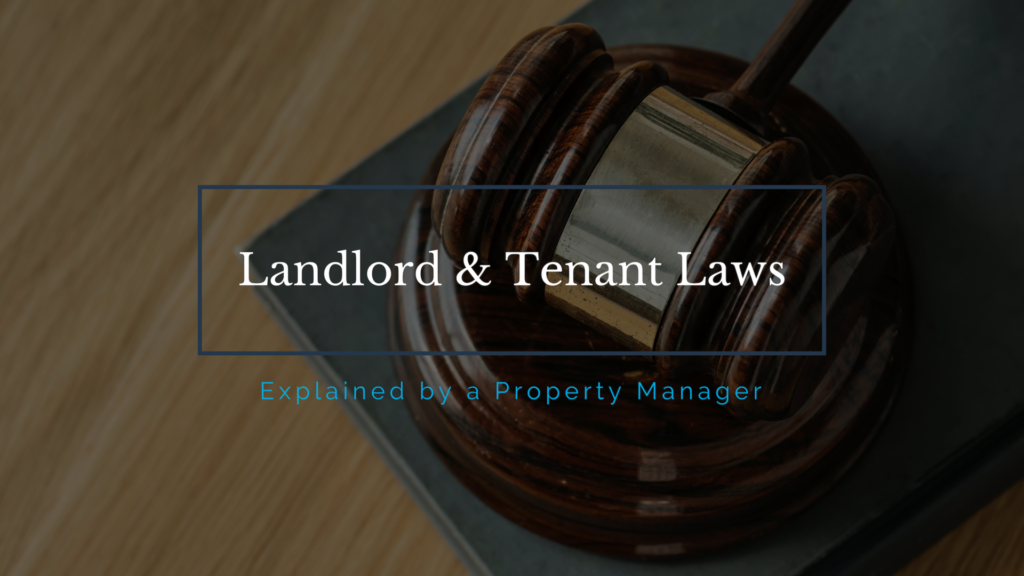
California has some of the strictest landlord and tenant laws in the country. As a rental property owner, you need to understand your responsibilities and your tenants’ rights. The courts can be tenant-friendly, and while this is frustrating to landlords, you can avoid expensive court cases and legal claims by understanding what’s expected and following the law carefully.
A few landlord and tenant laws are especially easy to violate – even unintentionally.
Fair Housing Laws in Southern California
The federal Fair Housing Act must be followed, and in addition to not discriminating against the seven protected federal classes, California has added a few more. When it comes to approving tenants for your property, you can make decisions based on credit, income, and rental history. However, you cannot accept or reject a tenant based on:
- Race
- Religion
- Color
- National origin
- Sex
- Disability
- Familial status
- Sexual orientation
- Physical attributes
- Marital status
You may not intentionally discriminate against these classes of people, but it’s easy to make unintentional mistakes that can result in claims of discrimination. Make sure your marketing and advertising as well as your tenant screening processes are free from potential discriminatory language.
Southern California Security Deposit Law
Security deposits returns can be a cause of tension between landlords and tenants, especially at the end of a lease term. Make sure you understand the legal requirements, specifically how much you can collect, how long you have to return it, and what you can use it to pay for. You’ll need to provide a complete accounting of cost when you deduct money from the deposit, and if the repairs are over $125, you’ll need to provide receipts for the work as well.
Understand the Tenants’ Rights
Violating the rights of your tenants will not only result in a vacancy, but also in a legal claim if you’re not careful. Make sure you know their rights according to the law. In California, tenants have the right to live in a habitable home that is well-maintained. They can withhold rent if it’s not. They also have a right to quiet enjoyment, which means you cannot show up unannounced at the property. Tenants are entitled to enough notice when the rent will be raised or the unit will need to be vacated.
Eviction Law in California
 If you need to evict your Southern California tenant, make sure you follow the legal steps that are required. Landlords cannot take eviction matters into their own hands. You cannot change the locks when a tenant hasn’t paid or shut off the water. You need to serve proper notice and file a lawsuit in court when you need to take the property back. Get to know the process and seek legal help from an attorney or a property manager in Southern California, CA before you proceed.
If you need to evict your Southern California tenant, make sure you follow the legal steps that are required. Landlords cannot take eviction matters into their own hands. You cannot change the locks when a tenant hasn’t paid or shut off the water. You need to serve proper notice and file a lawsuit in court when you need to take the property back. Get to know the process and seek legal help from an attorney or a property manager in Southern California, CA before you proceed.
There are many other laws to cover that pertain to landlords and tenants in Southern California. These laws are always changing. We stay up to date on all federal, state, and local regulations and requirements so we can protect our owners and our tenants. If you have any questions about landlord and tenant laws in Southern California, please contact us at Encore Realty.
